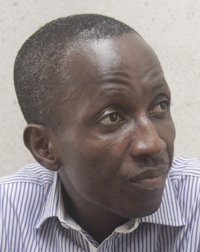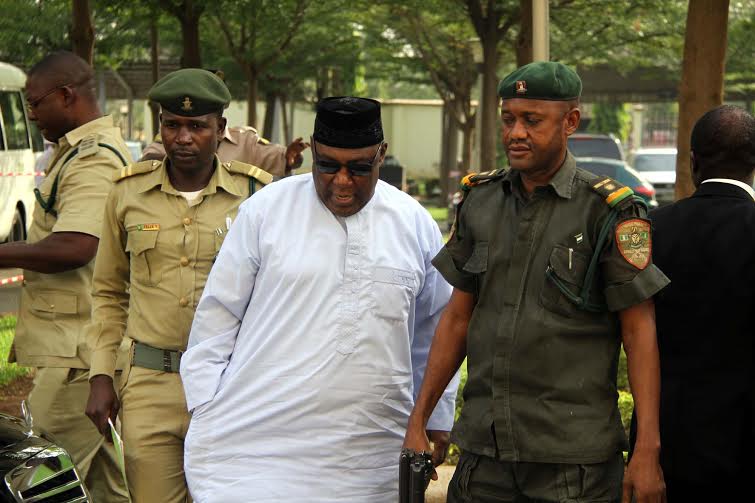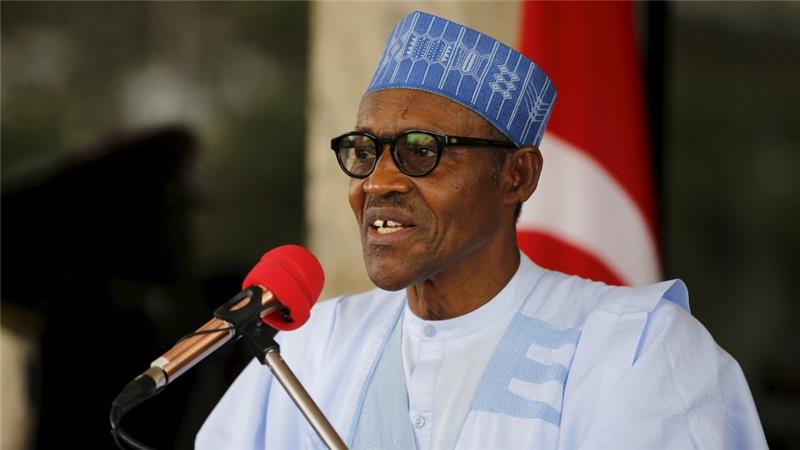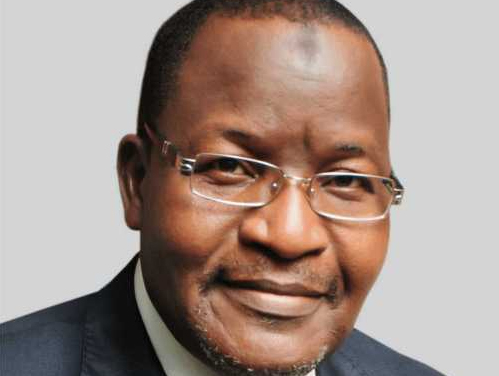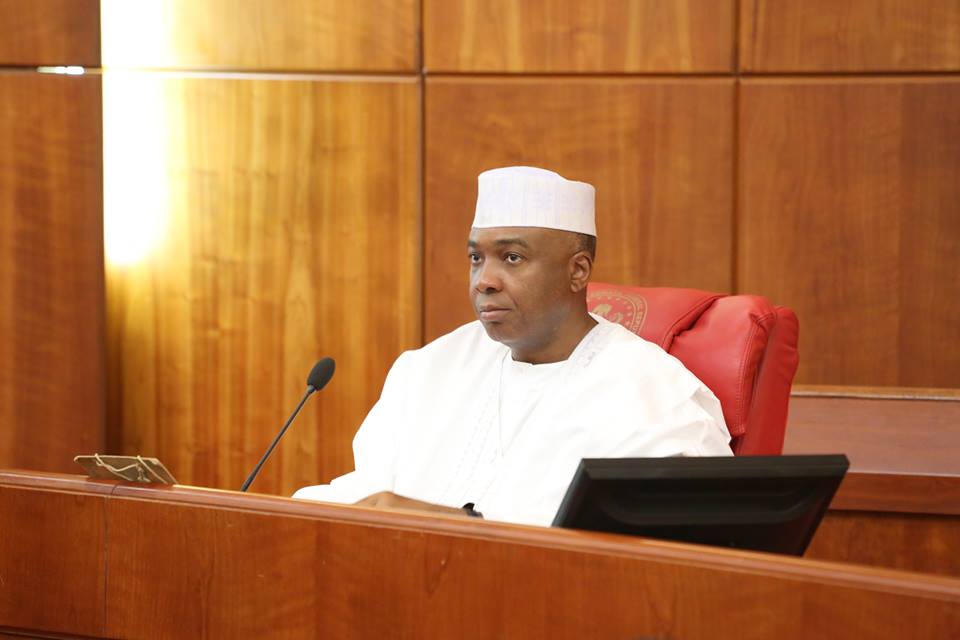Last week I decided not to write on the persistent petrol scarcity because I thought things would have changed for the better. How wrong I was as Nigerians continue to have problems in getting petrol. Except, perhaps, our president who jetted out again on Sunday to China and the public officers who do not get petrol from places where citizens get theirs. It is quite possible that President Muhammadu Buhari does not have a full picture of the horror across the land as we seek to get petrol even as he is the minister of petroleum resources.
The wonderful folks at BudgIT Nigeria, an organisation that describes itself as “Nigeria’s civic tech organisation” about two weeks ago released an info graphic that show the president’s journey across the globe. Before his trip to Washington DC for a nuclear security summit and the current one to China, Buhari had visited 21 countries and spent 68 days out of his 307 days in office outside the shores of Nigeria. The 25 trips cost him 223 hours of flight time and it shows how our president does not drive regularly in Nigeria so he probably does not know what we go through in getting petrol.
There are several vignettes that one can use in telling the story of the current scarcity and one of them is an iconic video of a taxi driver in Akure, the Ondo State capital, shot by naij.com where he spoke in Yoruba that he wished that Nigeria is obliterated as all of us are corrupt. While language experts and psychologists will definitely have a field day analyzing his outburst, it shows that things are not okay with us energy wise. If we pardon his overgeneralization that “all” Nigerians are corrupt, what comes out vividly is his frustration and pain having searched everywhere in Akure for the commodity. As at April 2, a litre of petrol sold for as high as N230 in the city as my investigations showed, and there was not even enough quantity to go around. In some towns and cities, it goes for as high as between N300 and N450 while to the credit of some marketers, they still sell at the official price of N86.50 but they are few. One also remember a man who died with his two daughters when his generator caught fire and a young man who was shot dead in Festac area of Lagos by men of the Civil Defence when they were chasing fuel hawkers. What about others that we may never hear about? Two universities, the University of Lagos, and Federal University of Agriculture, Abeokuta, were shut down last week because of fuel scarcity. In the case of FUNAB though, the authorities only declared lecture-free days as students and lecturers were finding it difficult to get to school.
No need describing the agony and wastage of precious hours at filling stations queuing for a product that might be bought at a different price. In February while visiting my parents in my home state Osun, we visited about four stations before we could get petrol at the official price and my father told me that they were used to buying at different rate. ‘The official price is for those of you in Lagos and Abuja,” he said. Last week on a trip to Abeokuta, I bought a litre for N200 at Ifo, a town in Ogun State and while I dilated on whether to buy or not and ignore the car’s fuel gauge, the station filled up with people who were ready to pay the price.
Advertisement
Our leaders could also do better in communicating with us on what they are doing to stem this crisis. Employing YouTube to talk to us as the minister of state did does not add up too as the people on social media are still in the minority. Apparently the government must have underestimated the impending horror after paying the fuel subsidy arrears left behind by the Goodluck Jonathan’s government. A booby trap definitely, but one that must be dealt with nevertheless, cutting off the importers after clearing the arrears now looked like a foolish decision. It is obvious too that fuel supply is the major artery of our economy and success in the sector will definitely impact on the economy. It was gratifying to read over the weekend a statement credited to the president that his government understands what we are going through while Lai Mohammed, the information minister, also apologized on a television programme on Sunday night. But beyond apology, what is the government doing to get us out of the cul-de-sac we are in? Do we have a plan?
A friend told me something last week, he said if the current scarcity persists till May, the government would have frittered its goodwill away and might never regained it. I hope the government sees it this way too.
Advertisement
Views expressed by contributors are strictly personal and not of TheCable.
Add a comment
